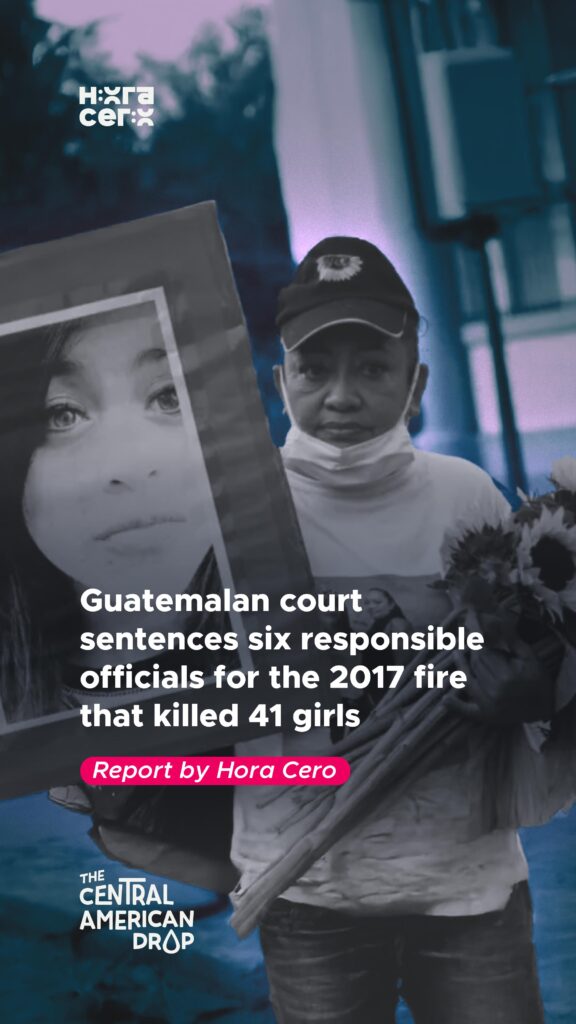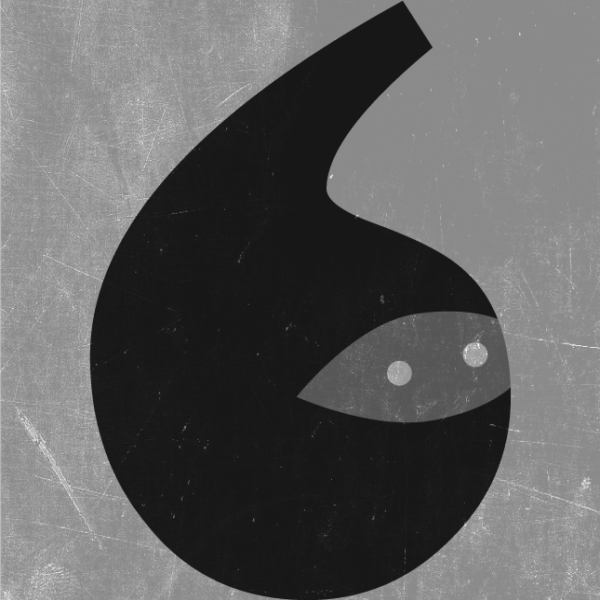
Eight years after the fire at the Virgen de la Asunción Safe Home, where 41 girls died and many others were seriously injured, a court in Guatemala sentenced six former officials to prison terms of between six and 25 years.
The ruling is historic, but it cannot be understood as justice.
On that day, more than 50 teenagers had been locked in a classroom measuring just 7 by 6 meters as punishment, after they had reporting abuse, mistreatment, and even cases of sexual exploitation inside the shelter. A fire started inside the shelter, and the authorities did not open the door in time.
The girls, who had not broken any laws and were between the ages of 12 and 17, were survivors of sexual abuse, violence, or neglect, often at the hands of their own families.
The trial only began on January 10, 2024, after years of delays, eleven suspensions, and four changes of judges, and concluded on August 12, 2025. During the proceedings, witnesses revealed that police officer Lucinda Marroquín had the key to the classroom but did not open it, and that then-President Jimmy Morales ordered more than 100 police officers to be on site the day before the tragedy.
Although the judge requested an investigation, Morales was never called to testify, and the Supreme Court blocked two attempts to revoke his immunity.
The court sentenced six former officials for negligent homicide, serious injuries, and child abuse. The highest sentences were given to Santos Torres, former director of the Hogar Seguro, and Carlos Rodas, former Secretary of Social Welfare, with 25 years each. Brenda Chamán, former head of special protection against child abuse, and Lucinda Marroquín, former deputy inspector of the National Civil Police, received 12 years. Luis Armando Pérez Borja, former chief of operations for the National Civil Police, was sentenced to 11 years, and Gloria Castro, former children’s advocate, to 6 years. Harold Flores, head of the Juvenile Prosecutor’s Office, was acquitted due to lack of evidence.
This sentencing cannot be considered the final act of justice.
Years of legal maneuvering and unrepaired pain have passed. The families of the victims continue to demand that what happened be recognized as a state femicide and that real measures be taken to ensure that no girl experiences anything like this again. This ruling breaks, or at least scratches, the wall of impunity that has protected many in Guatemala. It’s a crack that lets in a little hope, but also reminds us that true justice will come when the State assumes full responsibility and guarantees that this will never, ever happen again.

| Cookie | Duración | Descripción |
|---|---|---|
| cookielawinfo-checkbox-analytics | 11 months | This cookie is set by GDPR Cookie Consent plugin. The cookie is used to store the user consent for the cookies in the category "Analytics". |
| cookielawinfo-checkbox-functional | 11 months | The cookie is set by GDPR cookie consent to record the user consent for the cookies in the category "Functional". |
| cookielawinfo-checkbox-necessary | 11 months | This cookie is set by GDPR Cookie Consent plugin. The cookies is used to store the user consent for the cookies in the category "Necessary". |
| cookielawinfo-checkbox-others | 11 months | This cookie is set by GDPR Cookie Consent plugin. The cookie is used to store the user consent for the cookies in the category "Other. |
| cookielawinfo-checkbox-performance | 11 months | This cookie is set by GDPR Cookie Consent plugin. The cookie is used to store the user consent for the cookies in the category "Performance". |
| viewed_cookie_policy | 11 months | The cookie is set by the GDPR Cookie Consent plugin and is used to store whether or not user has consented to the use of cookies. It does not store any personal data. |